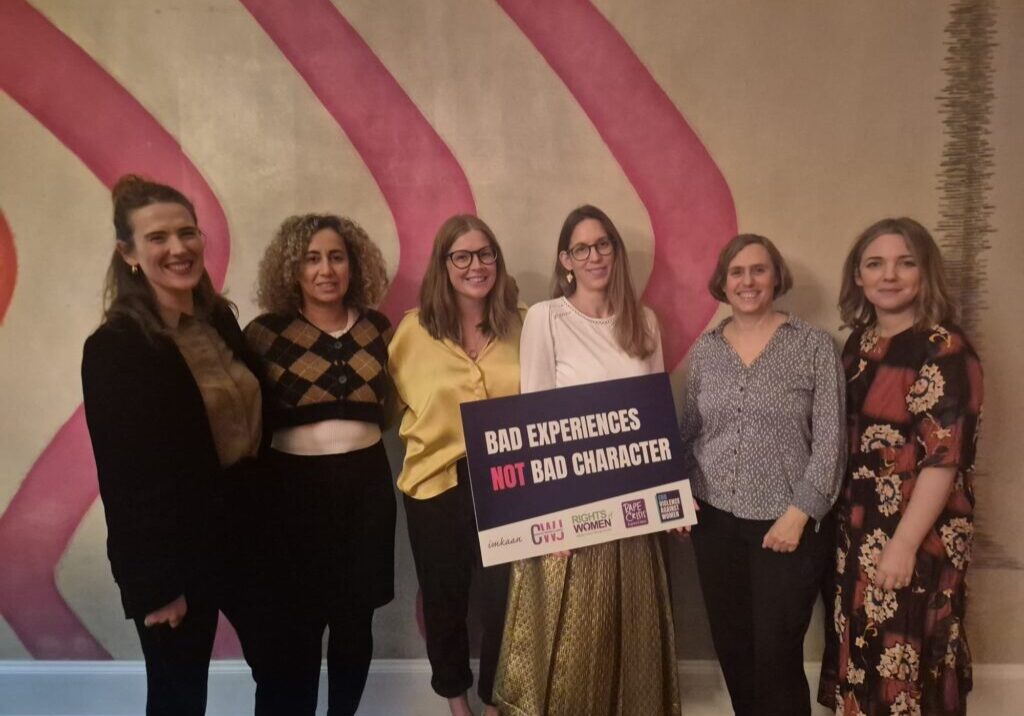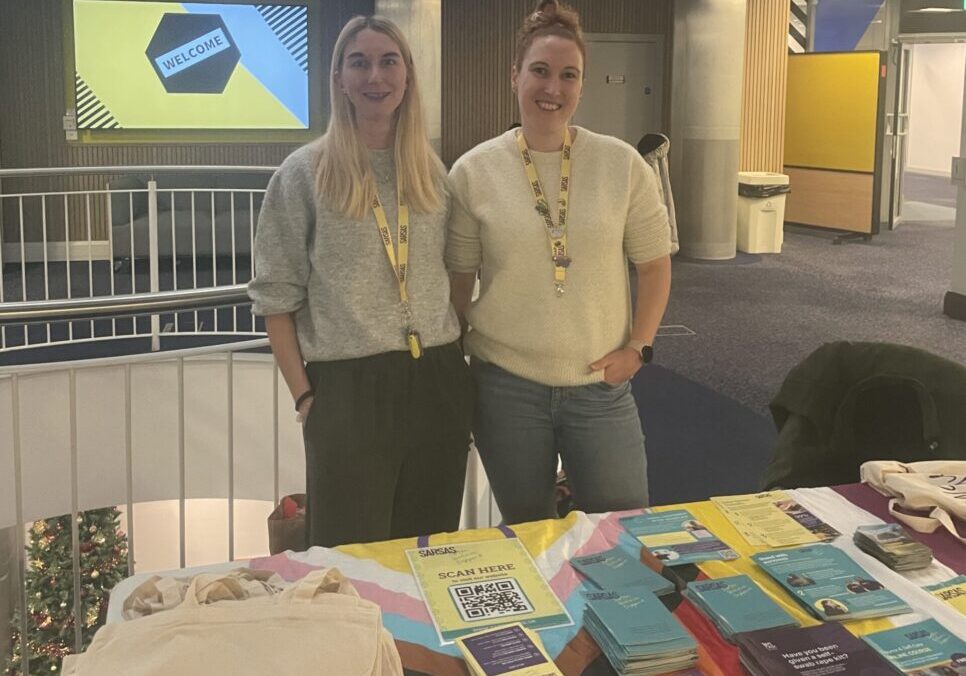
Rape Culture: not just a buzzword
A university student, who experienced sexual violence during the first month of enrolling, reflects on the aftermath and the pervasive nature of rape culture on campus and within wider society.
Content warning: discusses rape and sexual violence
My story
I remember the day I moved into my university accommodation. It was a moment I had anticipated for so long. My older sister had shared countless stories of the incredible people she met and the experiences she had, and I was eager to create my own memories. After just a week, I called her to share how lucky I felt—my housemates were wonderful, and I was falling in love with the city and student life.
Soon after, during my first month at university, I was raped. I had been on a night out with friends and had bumped into a guy that I had been speaking to for a small while. We danced and he bought me drinks whilst his friends stood nearby cheering him on. Before I fully understood what was happening, I found myself in his bedroom. The door was locked, and my phone was nowhere to be found. I felt his hands pulling at my clothes as he complimented me. I tried to resist, but he grew aggressive, leaving bruises that lingered for days. At that moment, as I lay there naked and struggling to breathe, the stark reality of our size difference and my helplessness became terrifyingly clear.
When he was done, I couldn’t move, I lay there paralyzed for what felt like an eternity until I heard my phone. Scrambling myself together as best as I could, I located my phone, called my housemate, dressed, and fled the room. As I ran, he chased me, and his friends whistled at me, laughing. To them, I was nothing more than “another girl he had pulled.”
The aftermath was impossible, I didn’t feel as though I could tell my friends everything that happened. I felt that I had put myself in that position and even believed, in moments of self-blame, that I owed him something in exchange for the drinks he had bought me I went through the motions of trying to make sense of what had happened whilst trying to not let people see the impact I was feeling.
The next day, I wrapped myself in a turtleneck and rehearsed a story to explain the bruises. At the doctor’s office, I was told I had a concussion and swelling behind my eyes and that I should be more careful when walking down the stairs. I felt ashamed of myself for the lies I told, for my inability to speak up, and for my reluctance to report him—even though I had the evidence and the support of those around me.
In the months following I spent time trying to learn how to process this kind of trauma whilst battling with the guilt of allowing my rapist to walk free. It was in these months that the prevalence of rape culture within the landscape of student life glared at me. There was an unspoken assumption around sex at university that somehow made what happened ‘normal’. The pervasive attitude of casual drunk hookups and alcohol-fuelled behaviour makes it easy to ignore the necessary conversations around consent and respect. University culture, for all its emphasis on learning, freedom, and progress, inadvertently nurtures these attitudes. The harshest realization I experienced was that rape culture is not an abstract concept – it is lived and breathed in everyday interactions, it hides in dark corners and illuminates’ streets.
The problem
My experience was far from unique, and I often wondered if my life would be easier now if I reached out for support earlier. Maybe if it would have been easier to access, I would have but that’s the thing with rape culture, it thrives in silence. It thrives in the loss of survivors’ voices, and it grows with the narrative that being raped is something to be ashamed of. To truly dismantle rape culture, we need to create spaces where survivors can speak without fear of retribution, where consent is respected by all, and where the voices of those who have suffered are not just heard but listened to. This should not be a fight that survivors must wage alone.
This effort needs to be committed by universities and societal institutions alike, which need to do better. They must begin to foster an environment of consent in which it becomes part of the very culture of the institution. There needs to be spaces and resources in which survivors feel seen, respected, and empowered in their experience. It is not enough to state, ‘zero tolerance’. It is time for a change, and it is a collective responsibility.





